The Vice-Chancellor, Professor John Vinney, has a new blog on the HEPI (the Higher Education policy Institute) website on research and teaching and how Stern and the TEF work together.
Brexit:
Research Professional note that: In oral answers to questions on 1 December “Robin Walker, the minister in charge of higher education in the Department for Exiting the European Union, told MPs that he has taken evidence from a number of organisations including Universities UK, the royal academies and the Russell Group on the implications of EU withdrawal for universities”. “The sector strongly supports our ambition to create an environment in which the UK as a whole can continue to be a world leader in research, science and the tertiary education sector,” he said. Research Professional also note that David Jones, another junior minister in the same department, added in a written answer that ministers “will aim to visit every sector and every region of the UK” to hear their views on EU withdrawal, as part of a wider approach to build “national consensus around our negotiating position”.
In another piece of welcome transitional news, the government has confirmed that EU students starting courses in 2017/18 can apply for Research Council Studentships, and funding will last for the whole of their courses.
Graduate outcomes:
The Department for Education have released data on graduate destinations from the Longitudinal Educations Outcome (LEO) dataset. This is made up of information from the National Pupil Database (NPD), the Individualised Learner Record (ILR), the Higher Education Statistics Agency (HESA), Her Majesty’s Revenue and Customs data (HMRC), The National Benefit Database, the Labour Market System and Juvos, the unemployment research database. This is different from the DLHE (Destination of Leavers in Higher Education) because it takes a much longer term view (DLHE is currently at 6 months after graduation).
The data released today is “experimental” and looks at the employment and earnings outcomes of those graduating with an undergraduate degree in 2008/09 from an English higher education institution (HEI). It looks at outcomes one, three and five years after graduation. Data are split by subject studied and graduate characteristic (sex, ethnicity, age, home region and prior attainment at A level). Employment outcomes are also provided for each HEI. (A further release is scheduled for spring 2017 covering outcomes by each subject for each institution.
There will be plenty of analysis and commentary to follow – UUK were very quick off the mark with a blog “Graduate earnings data is welcome but doesn’t tell full story” – noting that it doesn’t cover self-employed students (with a disproportionate effect on arts graduates) or those who are working abroad and do not separate part-time work or address regional variations. However, despite these limitations, the data will no doubt provides interesting context for the TEF amongst other things.
Schools:
The Ofsted 15/16 Annual Report outlines improved school judgements with ‘considerable’ benefits for children under age 11, however the North/South divide has widened. Concerns are expressed regarding the quality of technical and vocational education and training alongside ‘serious knowledge and skills gaps’ which threaten the competitiveness of the UK economy, further exacerbated by Brexit. This is interesting in the context of the schools consultation, which closes on 16th December – a Guardian article concludes that this is a complicated and risky area for universities.
Nursing degree apprenticeships:
A new nursing degree apprenticeship was announced on 30 November as part of the government commitment to create 100,000 apprenticeships within the NHS by 2020, and make up to 40,000 more nurses available to prevent rota gaps. The new nursing associate role will be hands on and expected to free up existing nurses to lead patient care decisions. Successful completion of the nursing associate apprenticeship can count towards a nursing degree and lead to registered nurse status.
The apprenticeship aims to open up a nursing career to people from all backgrounds, improving diversity within the workforce, through the earn whilst you learn model. The government envisages up to 1,000 nursing apprentices per year, starting from September 2017, with a flexible and progressive training model which accounts for previous qualifications and experience. The nursing apprenticeship standards are detailed here.
The Royal College of Nursing response is wary of creating a two-tier system, refers to the past where students were seen as ‘nursing on the cheap’ and stresses the importance of would-be nurses having a graduate level education to gain the knowledge and skills required for 21st century health care.
Government grant standards
The much criticised anti-lobbying clause was put on hold earlier this year (read more here) – and the government have today issued their new standards guidance for government grants. The new guidance confirms that researchers can communicating research and inform policy, including responding to consultations and select committee enquiries, and contributing expert scientific advice to inform government policy.
Teaching Excellence Framework
And finally – the Chair of the TEF panel, Chris Husbands (VC of Sheffield Hallam) has written on Wonkhe – busting 5 myths about TEF. The myths he is busting are:
- The TEF will push universities for widening participation
- The TEF is only about metrics
- The provider statement is all about explaining away the metrics (he’s like them to be celebratory)
- The TEF is biased and pre-ordained
- Student views do not count
For those of you interested in catching up on the TEF, Jane is running a workshop with Professor Debbie Holley from the Centre for Excellence in Learning on Friday 9th December
The latest list of committee inquiries is here. There is a new one on closing the STEM skills gap, and one on the role of education in mental health for young people – please contact policy@bournemouth.ac.uk if you want to respond to any of these.
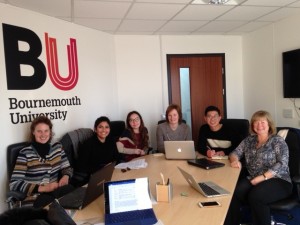








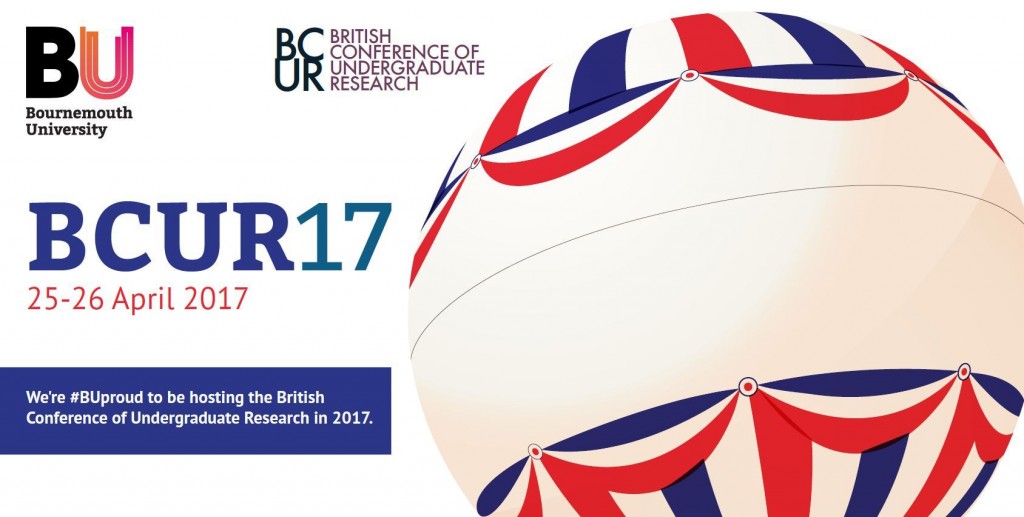
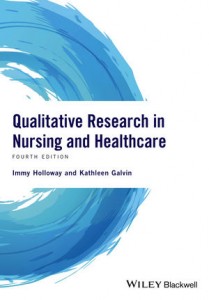
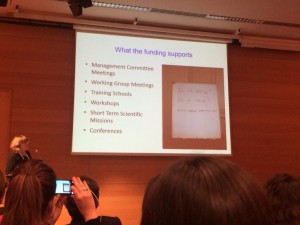 Last week I attended COST Action Training School BEYOND BIRTH COHORTS: from study design to data management which was conducted from November 23- 25 in Valencia, Spain. COST (European Cooperation in Science and Technology) is a unique platform where European researchers can jointly develop their ideas and initiatives across all scientific disciplines through trans-European networking of nationally funded research. The specialist training to which I was invited focused conducting longitudinal cohort studies especially birth cohorts.
Last week I attended COST Action Training School BEYOND BIRTH COHORTS: from study design to data management which was conducted from November 23- 25 in Valencia, Spain. COST (European Cooperation in Science and Technology) is a unique platform where European researchers can jointly develop their ideas and initiatives across all scientific disciplines through trans-European networking of nationally funded research. The specialist training to which I was invited focused conducting longitudinal cohort studies especially birth cohorts.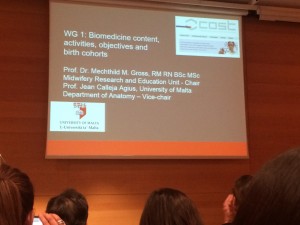
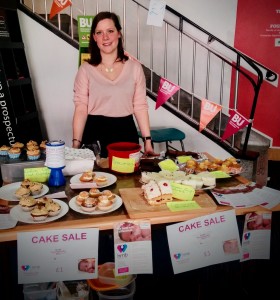 The amount raised will help to either
The amount raised will help to either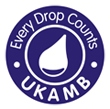 If you would like to learn more about donor milk visit the website of the
If you would like to learn more about donor milk visit the website of the 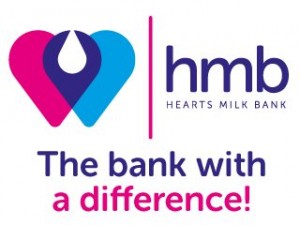 If you would like to learn more about the
If you would like to learn more about the  Every BU academic has a
Every BU academic has a 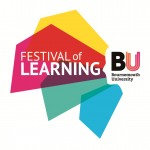

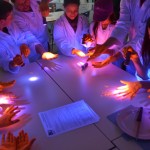

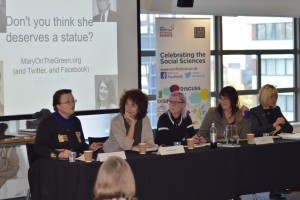 Shelley Frankenstein Festival at BU
Shelley Frankenstein Festival at BU Event Date: Wednesday the 1st March 2017
Event Date: Wednesday the 1st March 2017










 April’s Café Scientifique – Should we help machines understand and respond to our emotions?
April’s Café Scientifique – Should we help machines understand and respond to our emotions? Postgraduate Research Experience Survey (PRES) 2024 – 2 WEEKS LEFT
Postgraduate Research Experience Survey (PRES) 2024 – 2 WEEKS LEFT Working with The Conversation: online training session – Wednesday 8th May
Working with The Conversation: online training session – Wednesday 8th May Apply for up to £1,000 to deliver an event and take part in a national festival of public engagement with research
Apply for up to £1,000 to deliver an event and take part in a national festival of public engagement with research MSCA Postdoctoral Fellowships 2024
MSCA Postdoctoral Fellowships 2024 Horizon Europe News – December 2023
Horizon Europe News – December 2023